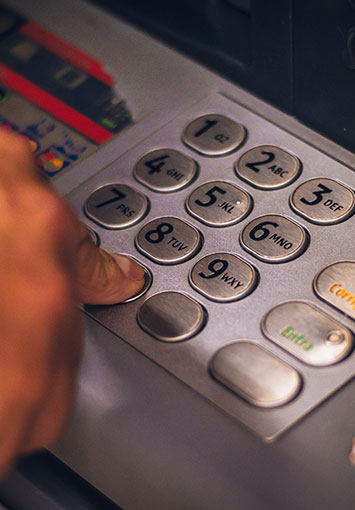Records Management Knowledge Center
Learn how to manage, organize, and store your critical data more efficiently.
Improving the accessibility and security of your data doesn't need to be difficult. Our knowledge base contains all the information you need to make informed decisions when its time to modernize your records management practices.
Businesses are managing more information than ever before. Keeping it all organized, searchable, and accessible isn’t easy, but thankfully, metadata makes it possible. Metadata is data about your data. It tells you what a file is, when it was created, and how it’s meant to be used, so you don’t have to open it to
Many businesses are abandoning paper-based record keeping methods in favor of the convenience and security provided by electronic document management. After all, a paperless world is simple, efficient, and environmentally friendly. However, transitioning from a paper to a digital filing system isn’t as straightforward as it may seem. There are many pitfalls that can be
When dealing with sensitive information, there’s no room for error. If your businesses handles records containing protected health information, you need to be sure that those records are properly disposed of when they are no longer needed.
As more organizations lean into the convenience and efficiency of operating paperlessly, document imaging has risen as a pivotal and transformative service for organizations of all shapes and sizes. Document imaging serves as a bridge to a streamlined, clutter-free way of handling information, allowing businesses with extensive libraries of paper documents to modernize their record
In today’s highly competitive market, businesses are always looking for easy ways to streamline their operations and enhance efficiency. As a result, a growing number of companies are abandoning their paper record keeping systems in favor of more modern digital document management solutions. The switch to digital document management promises a wide array of benefits,
Clinical notes are an important part of mental health care. They are used to document progress, record details about a client’s well-being, and serve as a professional’s record of the care provided. Whether you’re a therapist, counselor, psychologist, or psychiatrist, you’re expected to maintain accurate records for every patient. You’re also responsible for keeping those
When it comes to federal regulations and data privacy laws, the Gramm-Leach-Bliley Act (GLBA) often flies under the radar. Yet, for businesses that handle financial records, compliance with this law is critically important. The goal of this article is to explain why, the negative implications of non-compliance, and how digitizing your financial records can help
Managing physical mail can be challenging for businesses that receive a tidal wave of it every day. From sorting issues and lost mail to slow processing and response times, manual mail management is a common pain point. As we become increasingly digital in our communications, the inefficiency of handling physical mail becomes more apparent. That’s
In the healthcare industry, effective records management can be the difference between chaos and clarity, inefficiency and excellence, vulnerability and security. Healthcare organizations are tasked with handling an overwhelming number of records—from patient medical histories, test results, and treatment plans, to insurance information, billing records, and even staff employment data. However, the management of these
Anyone who’s ever worked in accounts payable knows how crucial compliance is. Walking the tightrope of regulations related to payment processing can be overwhelming at times, especially for a busy AP department. There are many rules that need to be followed, a ton of documentation that must be tracked, and deadlines that can’t be missed.









